Search
Summary
Loading AI-generated summary based on World History Encyclopedia articles ...
Search Results

Article
The Relationship Between the Greek Symposium & Poetry
The Ancient Greek symposium is often considered an important part of Greek culture, a place where the elite drank, feasted and indulged in sometimes decadent activities. Although such practices were present in symposia, the writing and performance...

Collection
Great Ancient & Medieval Poetry
Poetry is the first form of literary expression in the world as evidenced by The Epic of Gilgamesh, the oldest piece of world literature. For over 4,000 years, people have been writing poetry to express personal, communal, or global experiences...

Definition
Calliope
Calliope (also spelt Kalliope) is the Muse of epic poetry and heroic song in Greek mythology. She is considered the leader of the Muses and the most honoured of them all. She is often represented in art with a tablet on her knee and a stylus...

Definition
Gilgamesh
Gilgamesh is the semi-mythic King of Uruk best known as the hero of The Epic of Gilgamesh (c. 2150-1400 BCE) the great Babylonian poem that predates Homer's Iliad and Odyssey by 1500 years and, therefore, stands as the oldest piece of epic...
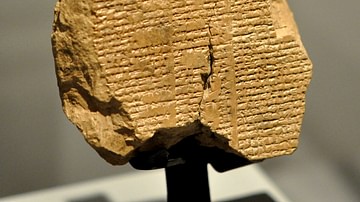
Definition
Mesopotamian Literature
Ancient Mesopotamian literature developed c. 2600 BCE after scribes, who had formerly been record keepers, began composing original works in the region of Sumer. The Sumerians invented writing c. 3500 BCE, refined the script c. 3200 BCE...
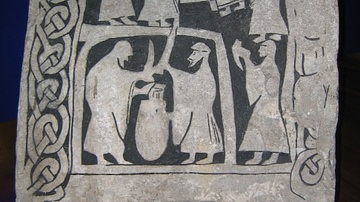
Article
Norse Alcohol & The Mead of Poetry
Alcohol played an integral part in Norse culture. People drank ale more than water because the brew had to be boiled as part of the process and so was safer to drink. The Norse of Scandinavia had four main types of fermented beverage: ale...
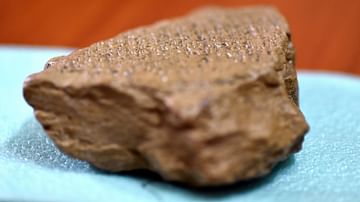
Article
The Newly Discovered Tablet II of the Epic of Gilgamesh
Surpassing all other kings, heroic in stature, brave scion of Uruk, wild bull on the rampage! Going at the fore he was the vanguard, going at the rear, one his comrades could trust! (Prologue, Tablet I, The...
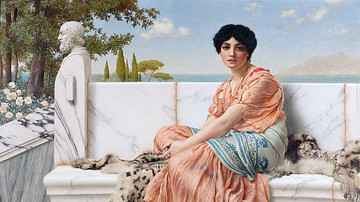
Definition
Sappho of Lesbos
Sappho of Lesbos (l. c. 620-570 BCE) was a lyric poet whose work was so popular in ancient Greece that she was honored in statuary, coinage, and pottery centuries after her death. Little remains of her work, and these fragments suggest she...
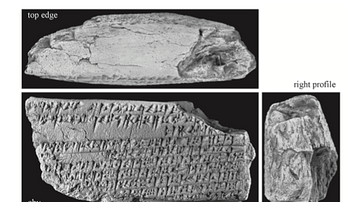
Article
New Gilgamesh Fragment: Enkidu's Sexual Exploits Doubled
Sometimes it is the smallest discoveries that have the largest impact. When Alexandra Kleinerman and Alhena Gadotti found a new fragment of the Epic of Gilgamesh in 2015 CE, it did not seem to be particularly impressive. The broken tablet...
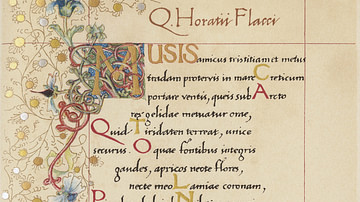
Definition
Roman Literature
The Roman Empire and its predecessor the Roman Republic produced an abundance of celebrated literature; poetry, comedies, dramas, histories, and philosophical tracts; the Romans avoided tragedies. Much of it survives to this day. However...